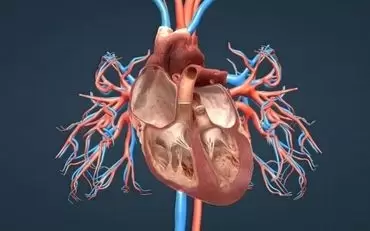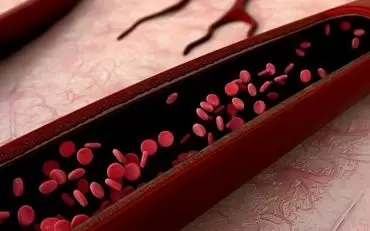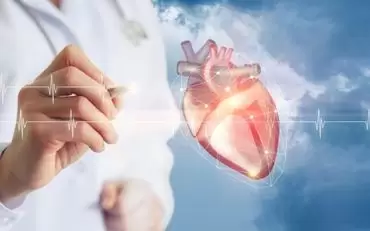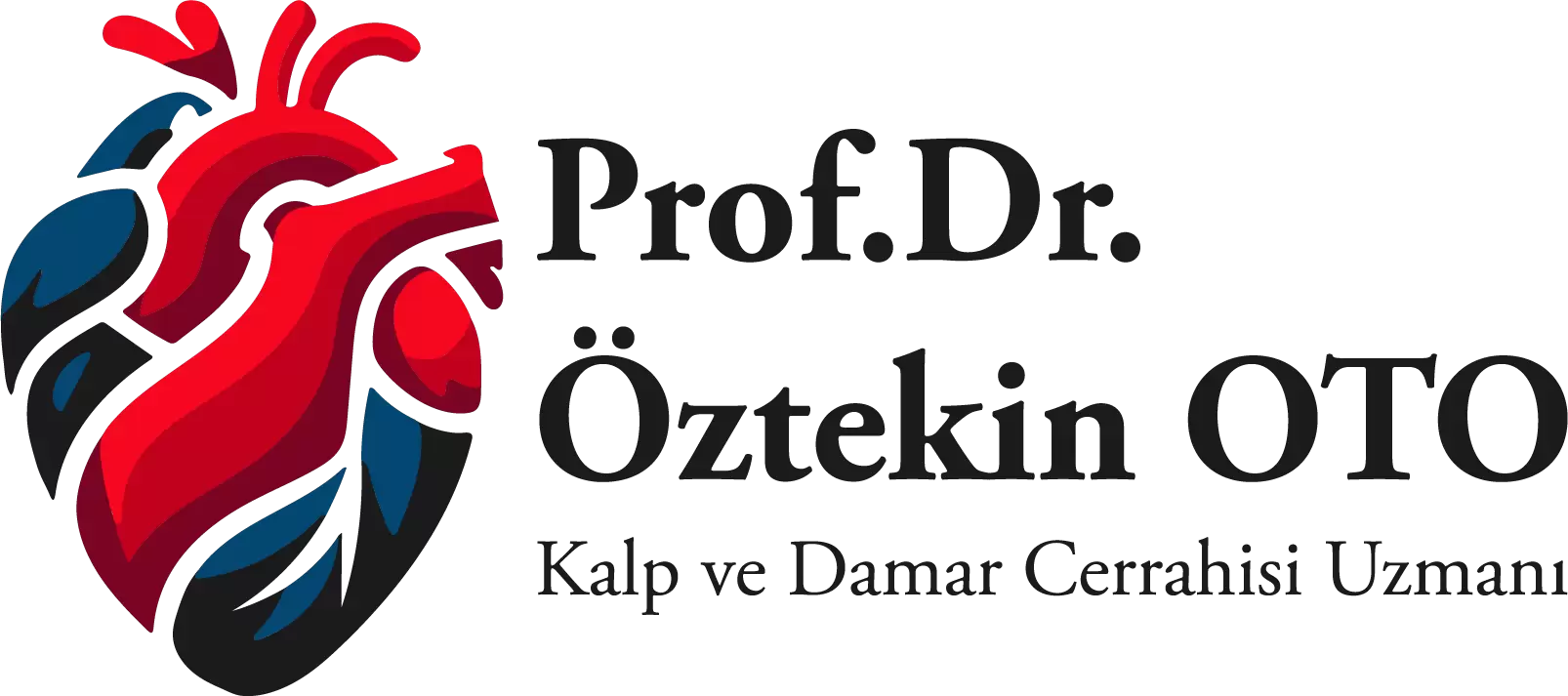16 Oca
Quick Notes About Hypertension
Hypertension Definition:
Values above normal blood pressure are called hypertension. Two values are measured in blood pressure. Systolic blood pressure determines cardiac stroke volume and diastolic blood pressure determines peripheral resistance. Among the people, systolic blood pressure is called large blood pressure and diastolic blood pressure is called small blood pressure. Since a 10 mmHg increase in blood pressure increases coronary heart disease by 30%, it is very important to keep blood pressure below normal values.
Is Hypertension a Disease?
Hypertension is not a disease on its own, but it is an important risk factor for life-threatening conditions if not controlled. When hypertension is not treated;
- Heart Failure,
- Heart Attack
- Kidney Failure,
- Narrowing of the Arteries,
- Brain Haemorrhage
- Paralysis
- Causes Loss of Vision.
Classification of Hypertension
There have been significant differences in the classifications of hypertension over time.
The definition of blood pressure with JNC-VII and the newly established concepts are given below.
- Over 50 years of age, systolic BP is a stronger cardiovascular risk factor than diastolic BP.
- In the range of BP 115/75 mmHg to 185/115 mmHg, each 20/10 mmHg increase increases cardiovascular risk 2-fold.
- Prehypertension group: can be controlled with low Na intake and regular exercise.
- The main target in HT patients is BP <140/<90 mmHg, but in DM and renal disease the target is <130/<80 mmHg.
- Thiazide diuretics: Recommended for initiation or combination in uncomplicated HT. Multicentre studies have demonstrated a significant reduction in the rates of coronary artery disease, heart failure, cerebrovascular events and all-cause mortality with low-dose diuretics.
- In most patients, if the initial blood pressure is more than 20/10 mmHg higher than the target blood pressure, 2 or more drugs are needed to reach the ideal blood pressure target. Diuretic should be one of these drugs.
Non-Drug Recommendations for Prevention of Hypertension
1- Maintain your ideal weight.
Obesity is an important risk factor for hypertension. Calculate your Body Mass Index (BMI) and check whether you are at the appropriate weight for your height. If you are obese, lose weight until you reach the appropriate weight. If you are at the appropriate weight for your height, maintain this weight. Body Mass Index (BMI) = Body Weight (kg)/ Height (m 2 ) 25 and above is an indication that you are obese.
2- Do regular physical activity.
Choose an active lifestyle. A 30-minute moderate-intensity physical activity 5 days a week is an indication that you do regular physical activity. Regular physical activity reduces the negative effects of age and chronic diseases, regulates blood pressure, reduces the risk of cardiac arrhythmia / sudden death.
3- Do not smoke.
Cigarettes and cigarette smoke is an important risk factor that causes cancer, chronic bronchitis, stroke and coronary heart diseases, especially cancer, due to more than 4000 chemicals it contains in addition to tar, carbon monoxide and nicotine. Do not smoke for your health, and if you smoke, try to quit.
4- Pay attention to your diet.
- To keep your body weight in balance and avoid weight gain, prefer low-sugar foods, consume refined sugars such as tea sugar as little as possible, limit the consumption of sweets and sugary drinks.
- Limit salt and sodium intake. Sodium intake should be between 1.5 -2.5 g (4-6 g salt). Also, consume skimmed or low-fat milk and dairy products (yoghurt, cheese, etc.) with low salt content.
- Pay attention to the type of oil you use and prefer vegetable oils rich in unsaturated fatty acids (olive oil, sunflower oil, corn oil, etc.).
- Increase pulp consumption. Eat 4-6 portions (400-500 g) of various fresh vegetables and fruits every day of the week. Pay attention to the consumption of legumes such as dried beans, chickpeas, lentils, etc.
- Reduce alcohol consumption. Alcohol intake causes blood pressure to rise.
- 5- Avoid stress as much as possible.
6- Have regular health checks.
Related Articles

Coronary Artery Disease
Arteries are the blood vessels that transports the blood pumped away from the heart to the rest of t..
Read More
Diseases of The Veins
Veins are the vessels that go to the heart. With the effect of gravity, blood flow is concentrated i..
Read More
EECP Treatment Method
They are the arteries that surround the heart and provide the heart muscle with the necessary blood...
Read More




